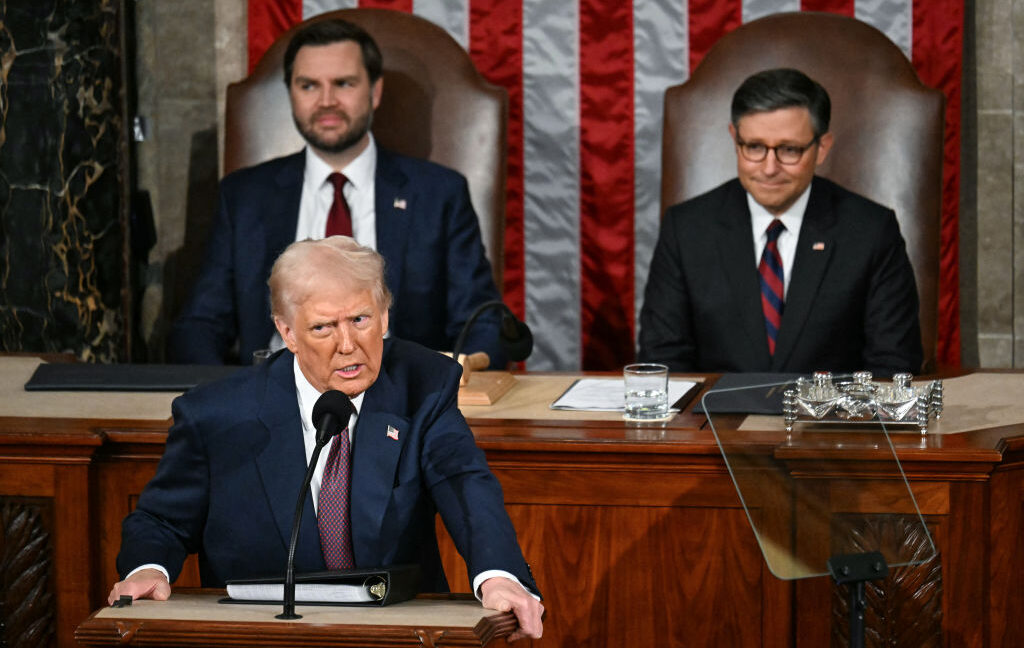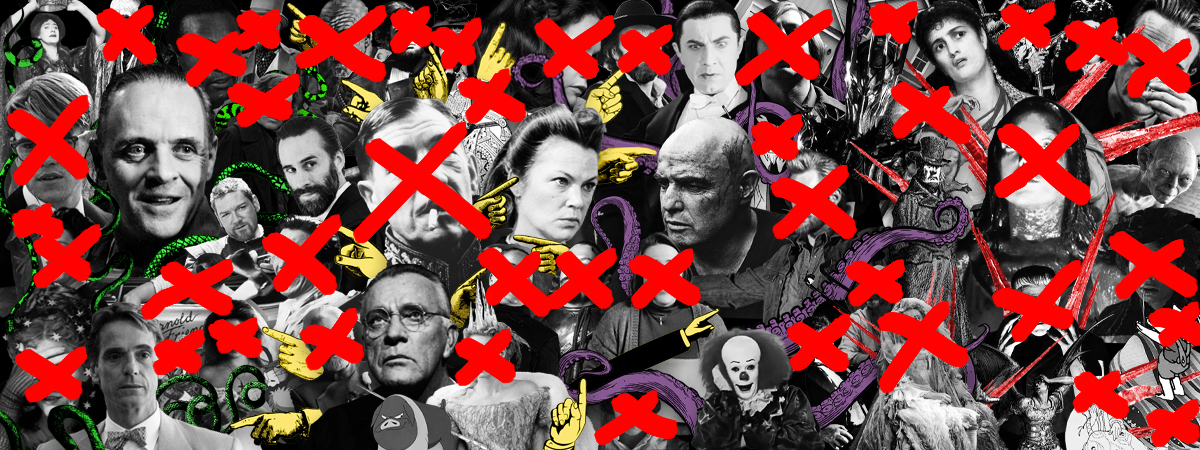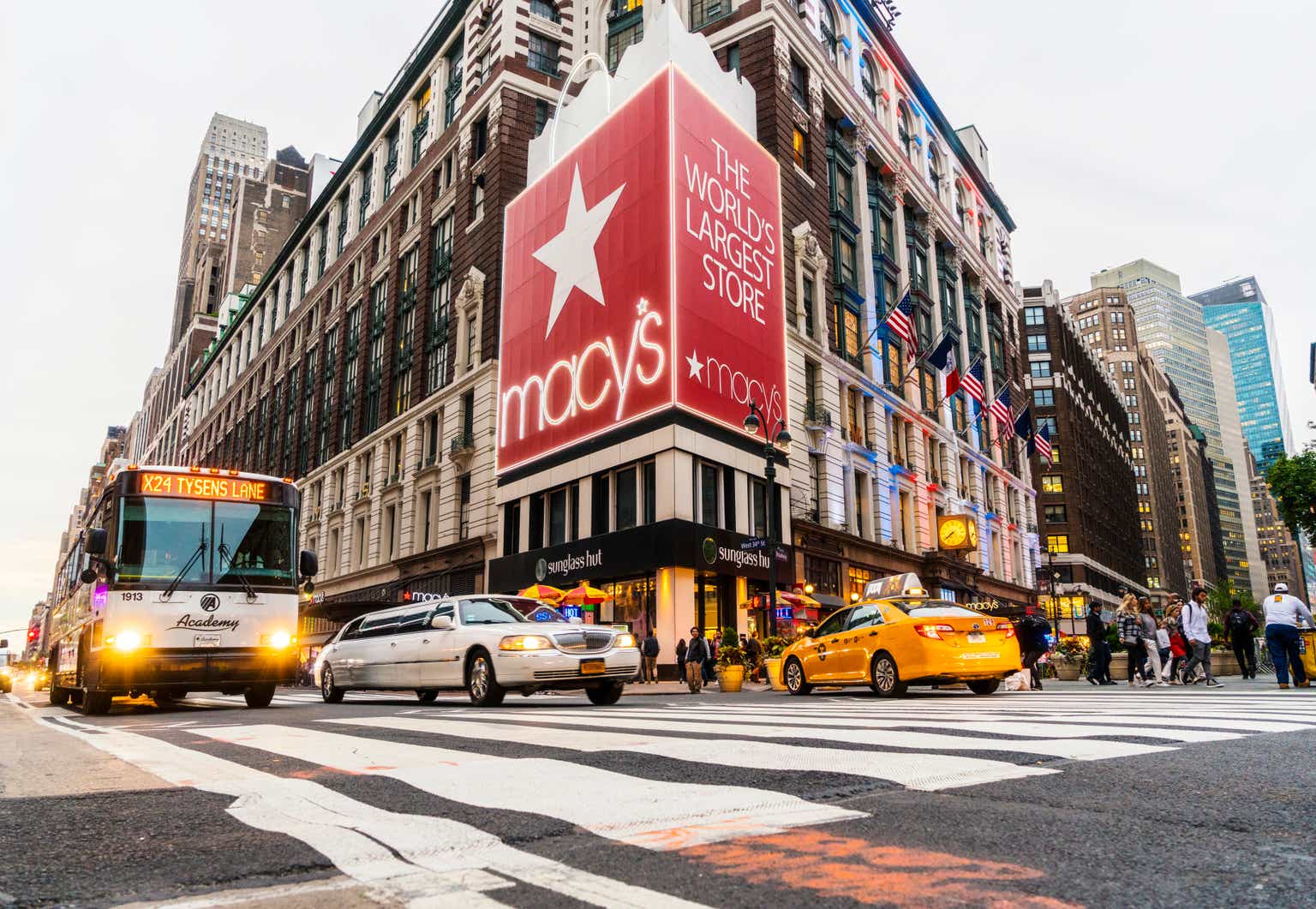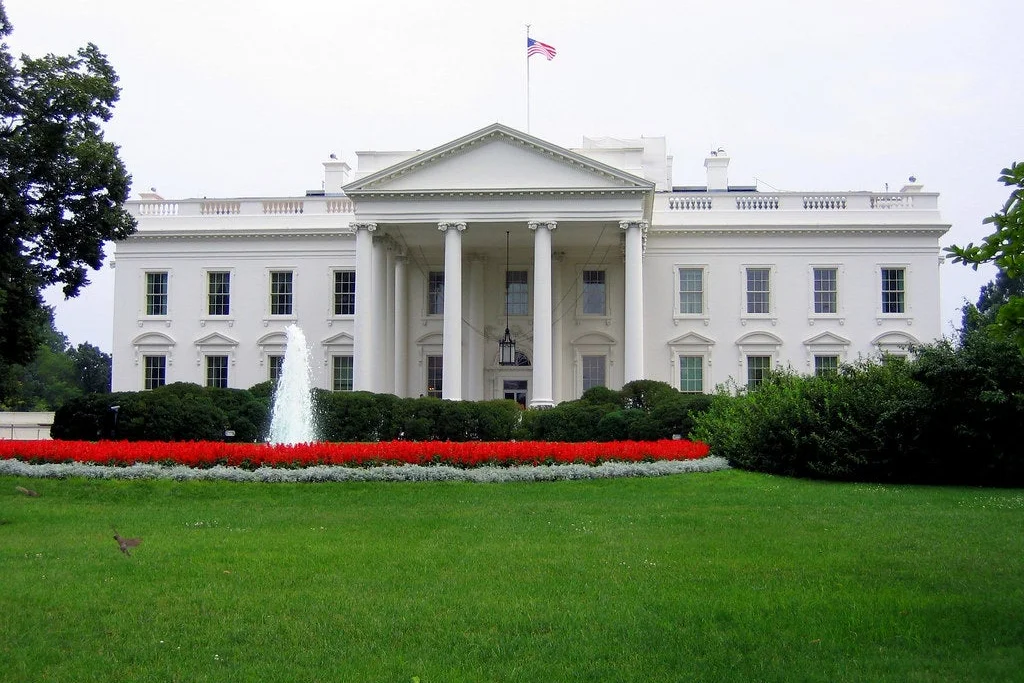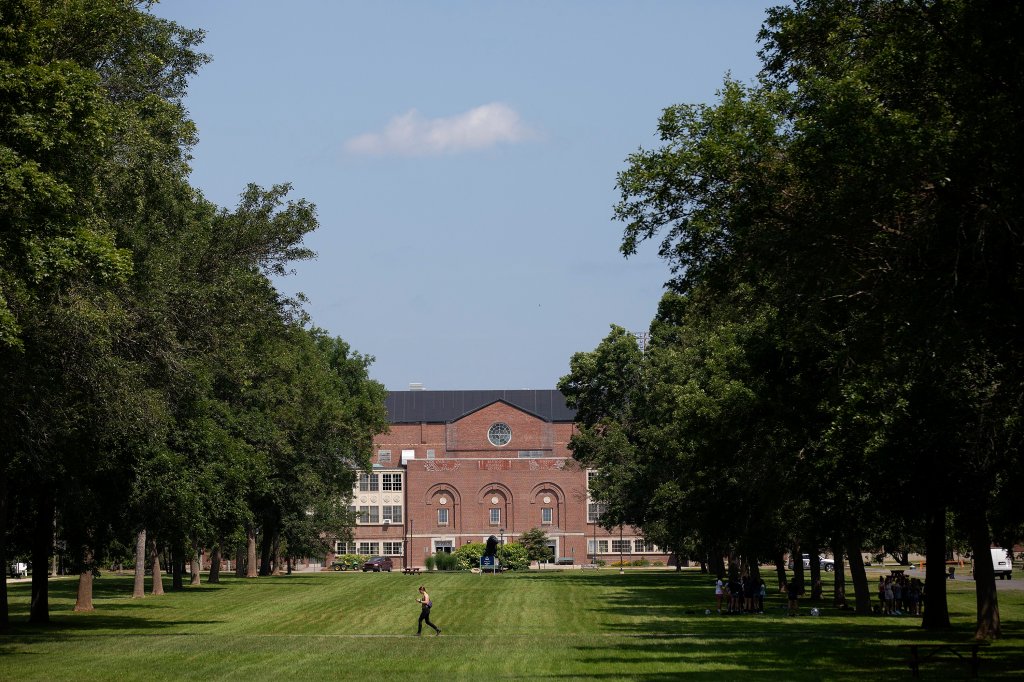“But the question we face today is not the law’s wisdom, only its constitutionality. Given just a handful of days after oral argument to issue an opinion, I cannot profess the kind of certainty I would like to have about the arguments and record before us. All I can say is that, at this time and under these constraints, the problem appears real and the response to it not unconstitutional,” Gorsuch continued.
Gorsuch, a conservative appointed to the court by Donald Trump in 2017, cast doubt on how much the ban may be able to achieve, national security concerns or not. Even some Democratic lawmakers who voted for the ban seem to be trying to backtrack in the final days before the deadline takes effect, a confusing about-face.
Meanwhile, while the right had previously pushed for banning TikTok, Trump now opposes it, likely because the app altered its algorithm to make his content perform better and because one of his wealthy allies, Jeff Yass, has a large stake in its parent company. However, there’s another major reason that politicians on the right and left wanted to ban the app: the proliferation of pro-Palestine content.



